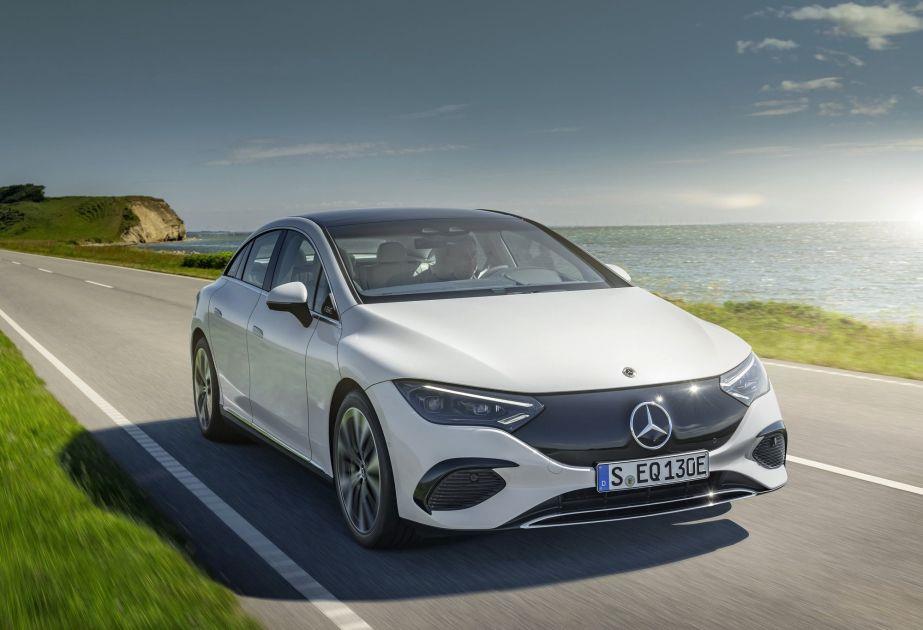Mercedes-Benz Misses EU Emissions Targets
Among European automakers, only Mercedes-Benz is at risk of missing the European Union (EU) carbon dioxide (CO2) emissions targets set for 2025-2027, according to a recent report by the organization Transport & Environment (T&E), Azernews reports.
The report reveals that Mercedes-Benz is projected to exceed the target by approximately 10 grams of CO2 per kilometer. In contrast, other major European manufacturers are on track to meet or even surpass the targets: BMW's emissions are 13 grams below the target, Stellantis is 9 grams under, Renault is 2 grams below, and Volkswagen is exactly at the target level.
The study highlights a significant 38% increase in electric vehicle (EV) sales across European automakers in the first seven months of 2025. However, with the EU extending its emissions target timeline by two years, it is estimated that about 2 million fewer electric vehicles will be sold between 2025 and 2027 compared to earlier projections.
According to T&E's calculations, the share of electric vehicles in the European automotive market will rise from 18% in 2025 to 25% in 2027, and exceed 55% by 2030. Battery prices are expected to drop by 27% between 2022 and 2025, with a further 28% decrease forecasted for 2025-2027. Meanwhile, 77% of the main EU motorways now have charging infrastructure in place, and many member states have already reached the necessary infrastructure levels for the current year.
The report warns that weakening emissions targets could slow the European automotive industry's progress in the fiercely competitive global market. Emerging markets such as China, India, Mexico, Indonesia, and Thailand are rapidly increasing their EV shares, with China's market share expected to exceed 30% by the end of 2025.
Maintaining strict EU targets is crucial for ensuring that European manufacturers remain competitive in electric vehicle technology on the global stage. A relaxation of these targets risks leaving some companies, including Mercedes-Benz, trailing behind their international rivals. Interestingly, the report suggests that the pressure to meet these stringent goals is driving innovation in battery technology and vehicle efficiency-developments that could give European automakers a technological edge worldwide.
Legal Disclaimer:
MENAFN provides the
information “as is” without warranty of any kind. We do not accept
any responsibility or liability for the accuracy, content, images,
videos, licenses, completeness, legality, or reliability of the information
contained in this article. If you have any complaints or copyright
issues related to this article, kindly contact the provider above.
Market Research

- Gas Engine Market Analysis: Strong Growth Projected At 3.9% CAGR Through 2033
- Daytrading Publishes New Study On The Dangers Of AI Tools Used By Traders
- Excellion Finance Launches MAX Yield: A Multi-Chain, Actively Managed Defi Strategy
- United States Lubricants Market Growth Opportunities & Share Dynamics 20252033
- ROVR Releases Open Dataset To Power The Future Of Spatial AI, Robotics, And Autonomous Systems
- Blackrock Becomes The Second-Largest Shareholder Of Freedom Holding Corp.



















Comments
No comment